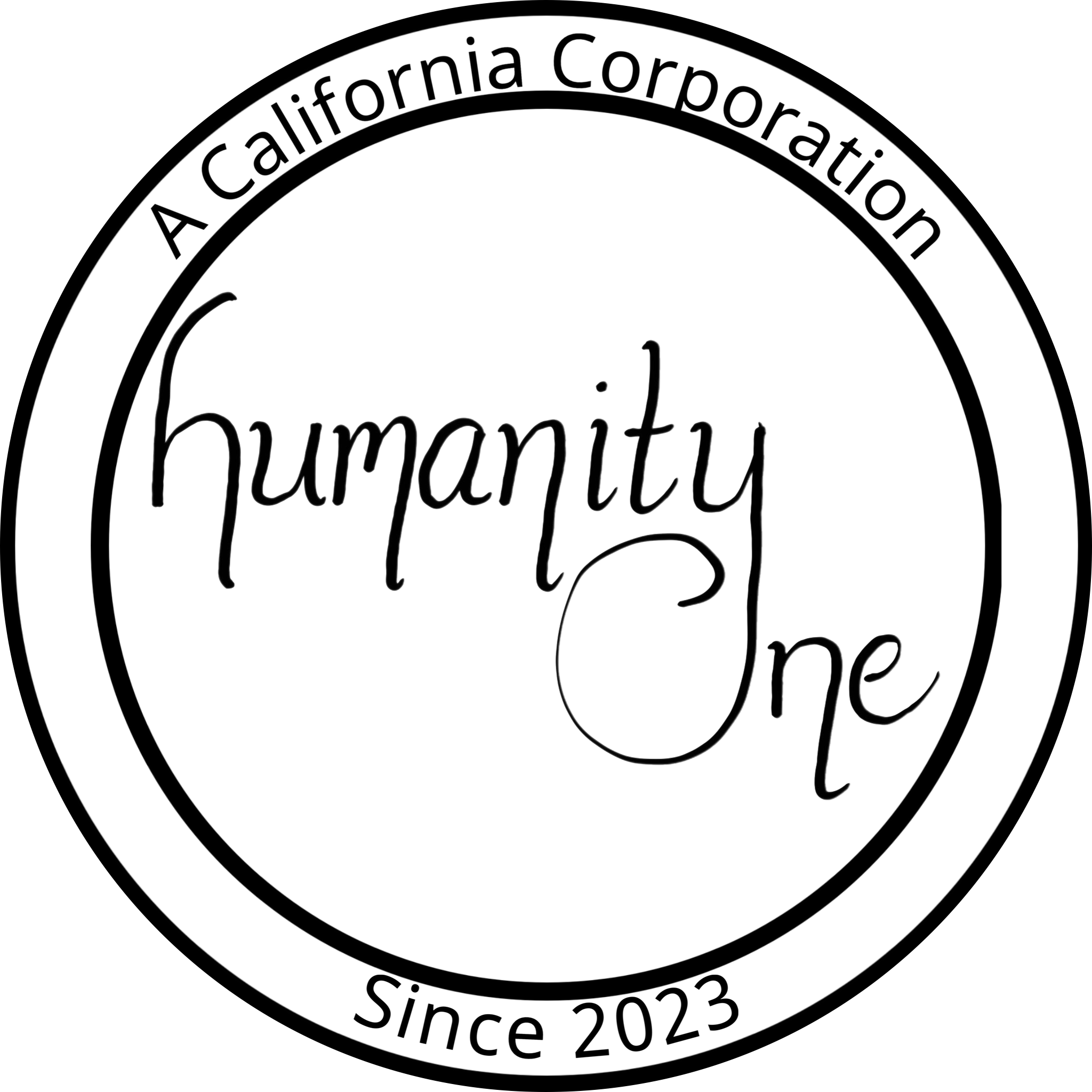Embracing a New Paradigm
My dear friends and fellow humans, as we stand here together today, we find ourselves at such a significant moment in time and history. We find ourselves at a crossroads of existence. Humanity, in its eternal dance, is on the precipice of stepping into a new chapter, a time of great transformation and awakening. This is not a shift bound by the ideas of one belief system or another—it is a universal call to ascension, a higher state of being, where we are each invited to awaken to new possibilities, new tools, and new ways of living that align with our deepest truths.
We have always known that change is constant, but what we are experiencing now is more than just change—it is transformation on a collective scale. The old systems and ways of thinking that no longer serve us are crumbling, making way for something new. This is our moment to rise, to step into the roles that have been waiting for us in this new paradigm.
Ascension and Personal Growth
This moment of ascension is not about moving upward in a literal sense, but rather about expanding outward—broadening our minds, our hearts, and our vision. Ascension invites us to grow into the best versions of ourselves. In this moment, each of us is being called to step into our personal power, to accept responsibility for our own growth and our actions.
Growth, obviously, is often uncomfortable. It asks us to leave behind that which is familiar, particularly when it no longer serves us. We are asked to let go of our old, outdated beliefs which limit us, and to open ourselves up to new tools that will support us in this unfolding reality. These tools are not external; they are inside of us. These are tools such as mindfulness, compassion, self-reflection, and courage.
A Crossroads of Choice
This crossroads is one we face not only as individuals but as a global community. In this time of choice the question before us is whether we continue to cling to fear, division, and old patterns of behavior, or rise above and choose truth, freedom, and unity? Every decision we make, no matter how insignificant it may seem, is a contribution to the direction humanity takes in this moment.
Yes, the truth can be uncomfortable. It challenges us to confront our own shadows, and to take responsibility for our actions and inactions. But - it is also liberating. In choosing to honor truth, we free ourselves from illusion and access the fullness of our humanity.
Coming Together in Community
As we navigate this transition, however, it becomes clear that we cannot do it alone. This new paradigm calls upon us to come together, both energetically and physically, to form connected communities. Communities are about more than just shared spaces—they are about shared visions, shared purposes, and shared responsibilities.
Now, more than ever, we must gather together in our communities and support each other in our individual and collective growth. Together, we can build the new world we envision—one where freedom and truth reign, where every person is honored for their unique contributions, and where we hold ourselves accountable to the highest standards of integrity and love.
Freedom, Responsibility, and the Balance of Control
Freedom is often spoken of as something external. But true freedom is an internal state. It is the freedom to think, to feel, to express ourselves authentically. It is the freedom to take responsibility for our own lives, our own actions, and the impact we have on the world around us.
Personal responsibility is not a burden but a gift. It empowers us to create change within ourselves and, in turn, to influence the larger systems of which we are a part. As we embrace this responsibility, we become active participants in shaping the future of humanity.
This does not mean trying to exert control over others, nor does it enable us to make the world “safe” or “pleasant” according to our own standards. In fact, one of the most profound lessons we must learn during this time of transition is how to balance the instinct to control with the realities of duality, discomfort, and the inherent diversity of life.
As we grow and ascend, we may encounter things we do not like, things that make us uncomfortable, or ideas that challenge our beliefs. The old paradigm taught us that when we face discomfort, we should try to control it, to change it, or to avoid it. But the new paradigm calls us to approach these moments differently. Instead of attempting to micromanage others, to dictate how they should live, think, or act, we are being asked to expand our capacity for acceptance and understanding.
We are well-served by recognizing that there is a vast spectrum of human experience, and within that spectrum, there will be perspectives, behaviors, and lifestyles that may make us uneasy. But unless these differences are causing harm, they are part of the natural diversity of humanity. They are opportunities for us to practice tolerance, respect, and the art of coexistence.
The Instinct to Control
At the heart of our instinct to control is fear— fear of the unknown, the unpredictable, the unusual. We have sought to make our environments as comfortable and safe as possible, but this instinct, when unchecked, can lead us to impose our will on others in ways that stifle their freedom, their creativity, and their divine essence.
It’s easy to see this dynamic in action in many areas of life—when we demand that others conform to our ideas of what is right, or when we seek to eliminate any discomfort from our surroundings. But discomfort can be a sign of growth, both for ourselves and for those around us. Growth requires us to stretch beyond our comfort zones, to face the unknown with courage, and to embrace change, even when it feels unsettling.
The Role of Discomfort and Duality
Life is not meant to be one-dimensional. It is full of contrasts, dualities, and paradoxes. Light and dark, joy and sorrow, comfort and discomfort—all are part of the human experience. If we seek to eliminate all discomfort, all challenge, we deny ourselves the richness of life. Growth comes from facing discomfort head-on, from learning to navigate the complex, often messy and confusing nature of existence.
We don’t need to micromanage every aspect of our world to make it “safe.” In fact, safety does not come from eliminating discomfort but from building the resilience to face it. It comes from knowing that we are capable of adapting, growing, and learning through all of life’s experiences—pleasant and unpleasant alike.
The Power of Respecting Differences
As we walk this path of personal and collective growth, we are asked to honor the differences in others, even when those differences provoke us. This can pose a struggle, especially in a world where many of us have been conditioned to believe that there is only one “right” way to live, think, or believe.
But freedom, in its highest form, means that we defend the autonomy of others. We acknowledge that each person is on their own journey, learning their own lessons, and evolving in their own time. We may not always agree with their choices, but as long as those choices are not causing harm, we can choose to coexist in peace and mutual respect.
This is a radical shift from the old paradigm of control, where differences were often seen as threats to be eliminated. The new paradigm invites us to recognize that variety is not only inevitable but essential. It is through originality that we learn, that we grow, and that we are enriched as individuals and as a collective.
Balancing Safety and Growth
Of course, as always, there is a need for balance. There are situations where control may be necessary, and where boundaries must be drawn to protect ourselves and others from harm. But let us hold onto the awareness that there is a difference between creating healthy boundaries and trying to control every aspect of life to avoid discomfort.
Part of our responsibility in this new paradigm is to learn to discern the difference. We must ask ourselves: Are we seeking control out of fear, or are we acting from a place of wisdom and compassion? Are we creating boundaries to protect what truly matters, or are we imposing unnecessary limitations because we fear the unknown?
When we let go of the need to control everything, we are given the opportunity to trust in the process of life, to believe in the capacity of ourselves and others to grow through discomfort and challenge. When we create space for others to be who they are, even when it makes us uncomfortable, we move forward on the path to collective growth and harmony.
The New Tools for a New Paradigm
The tools we need for this new era are not those of division or control. They are the tools of connection, collaboration, and compassion. We are being invited to cultivate the qualities of humility, honesty, and love, knowing that it is these qualities that will sustain us through this transition and beyond.
This is a time for new ways of thinking, new ways of being, and new ways of relating to each other. It is a time for us to use our voices, our minds, and our hearts to build the world we have always dreamed of—a world where every person is free to grow, free to express their truth, and free to contribute to the collective good.
A Call to Action
In this very important moment of transformation, we are called upon to act. We are called to step into our personal power, to take responsibility for our growth, and to come together as communities in pursuit of truth and freedom. There is no longer time to stand on the sidelines. We must, instead, participate fully in the unfolding of this new era.
So, as we leave here and go out into the world again, let us remember that every action we take, no matter how small, contributes to the whole. Each of us is a piece of the puzzle, and together, we form the picture of humanity's future. Let us choose wisely, let us act with integrity, and let us walk this path of transformation with open hearts, knowing that we are building something beautiful—together.
Amen.


